Available 24/7
Available 24/7
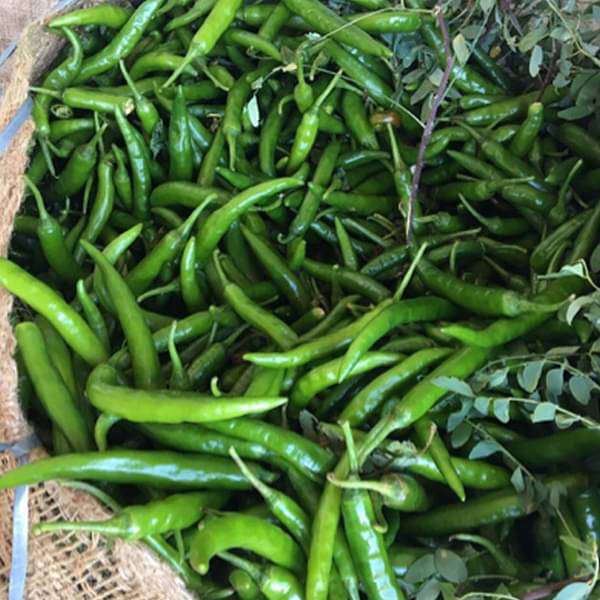
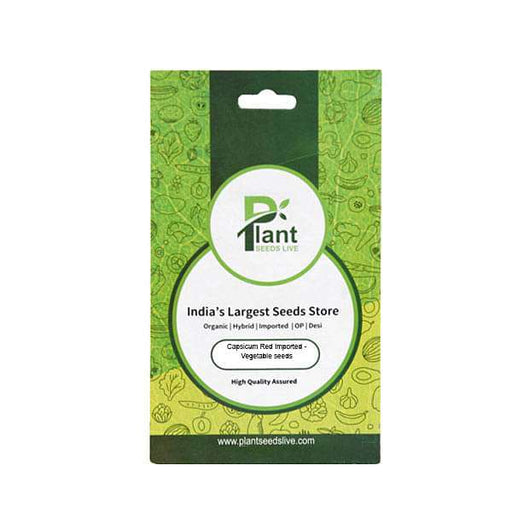
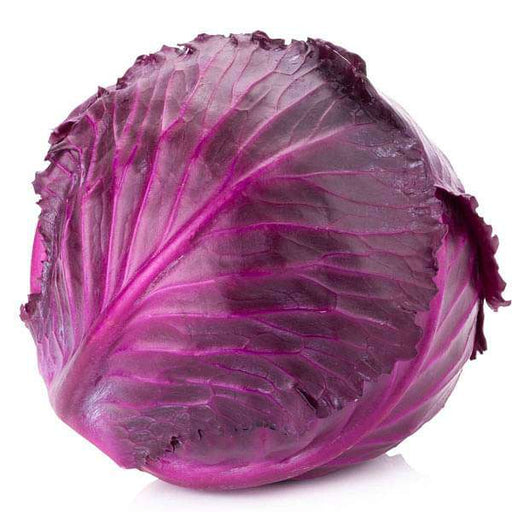 Sold out
Sold out
DescriptionCabbage1 packet contains Cabbage - 40 seeds. Cabbage (Brassica oleracea or variants) is a leafy green biennial plant, grown as an annua...
View full details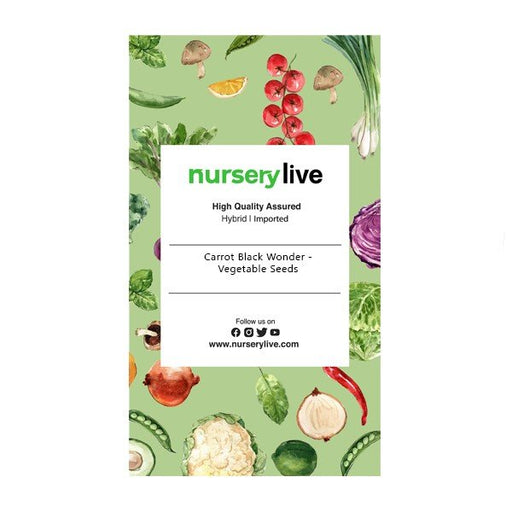
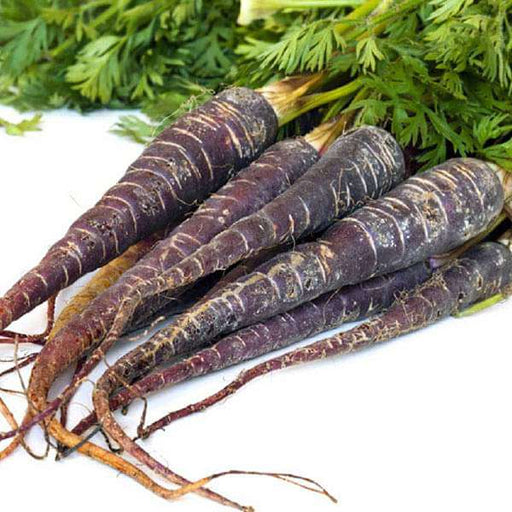 Sold out
Sold out
Description 1 packet contains 5gm seeds of Carrot Black Wonder - Seeds. You can grow carrots all year round, and they are so simple! Just sow carr...
View full details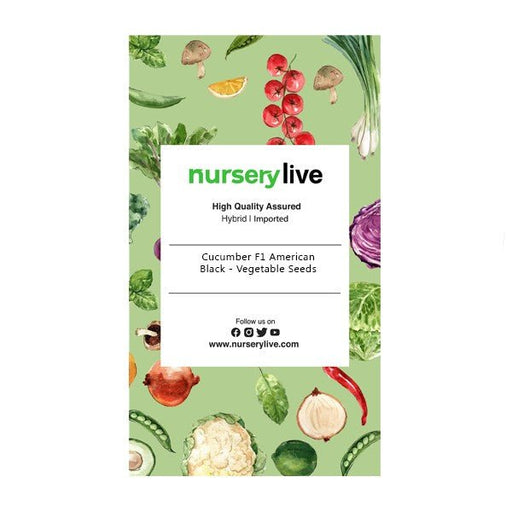
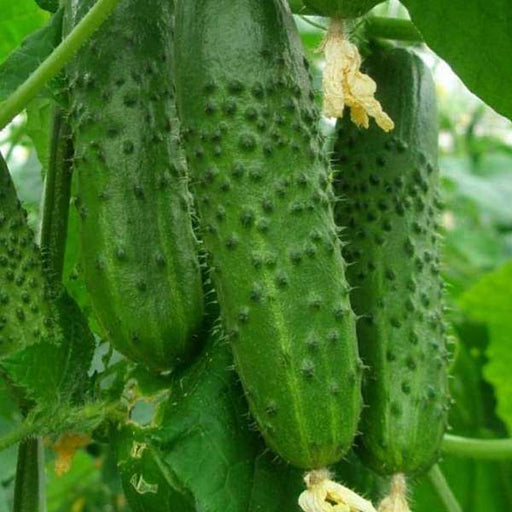 Sold out
Sold out
Description1 packet contains 30 seeds of Cucumber F1 American Black - Seeds. No summer garden should be without cucumbe They are very easy to grow ...
View full details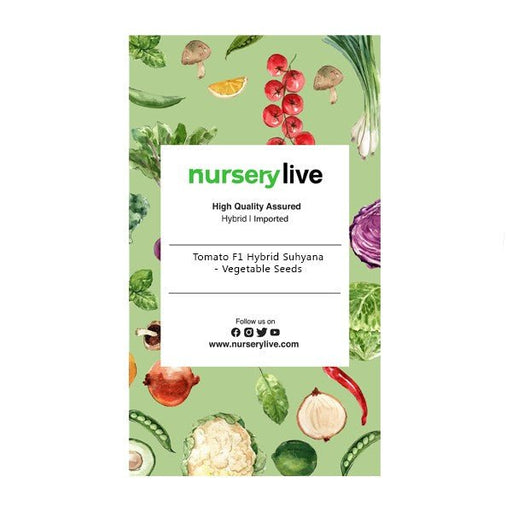
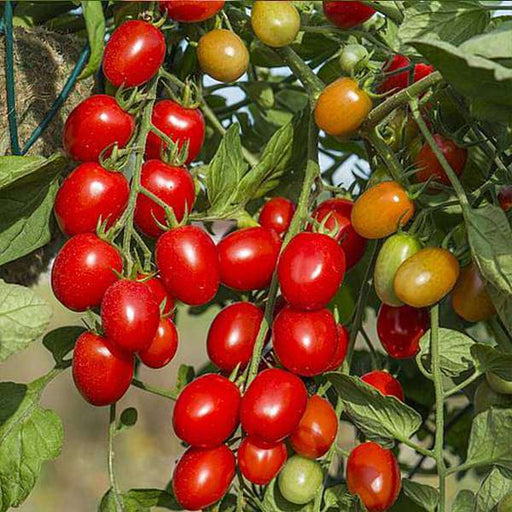 Sold out
Sold out
DescriptionTomato F1 Hybrid Suhyana - Seeds1 packet contains - 100 seeds. The most popular garden vegetable crop, tomatoes come in a wide range of...
View full details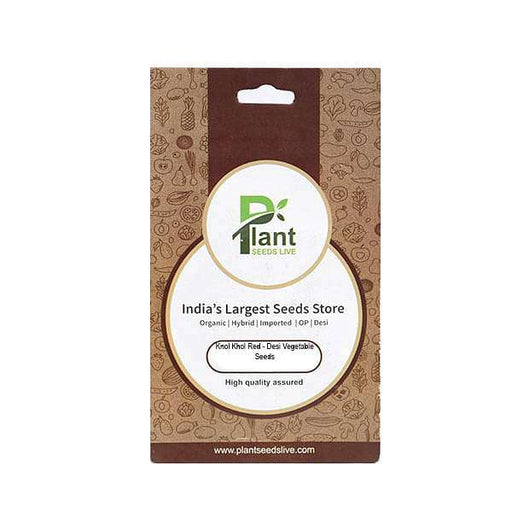
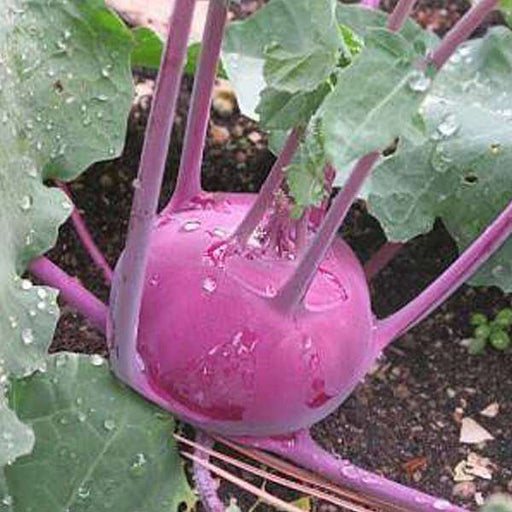 Sold out
Sold out
DescriptionKnol Khol is an annual vegetable and is a low, stout cultivar of cabbage. The seed packet contains approximately 35 seeds.Kohlrabi is an...
View full details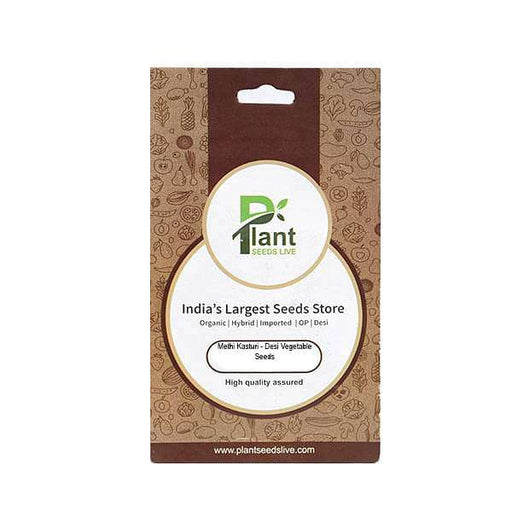
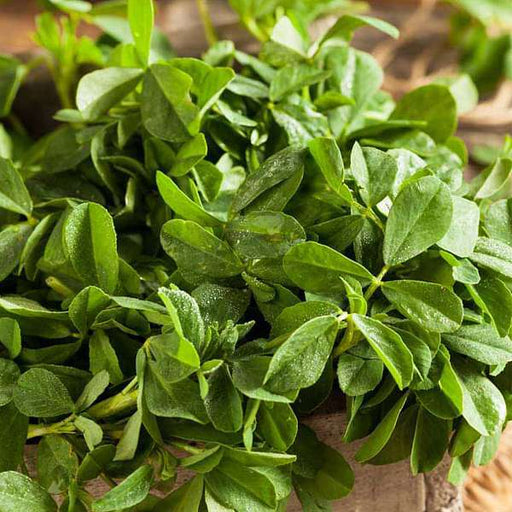 Sold out
Sold out
Description 1 packet contains Methi Kasturi, Fenugreek - 20gm seeds. Fenugreek, Latin name Trigonella foenum-graecum, is an annual herb native to ...
View full details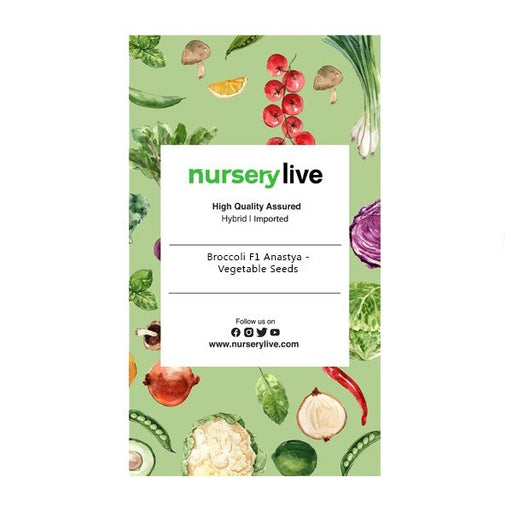
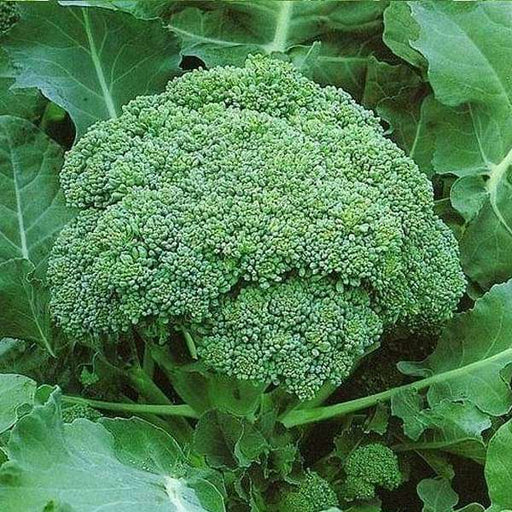 Sold out
Sold out
DescriptionBroccoli 1 packet contains Broccoli - 30 seeds. This cool-season crop grows best when daytime temperatures are in the 60F. Grow in both...
View full details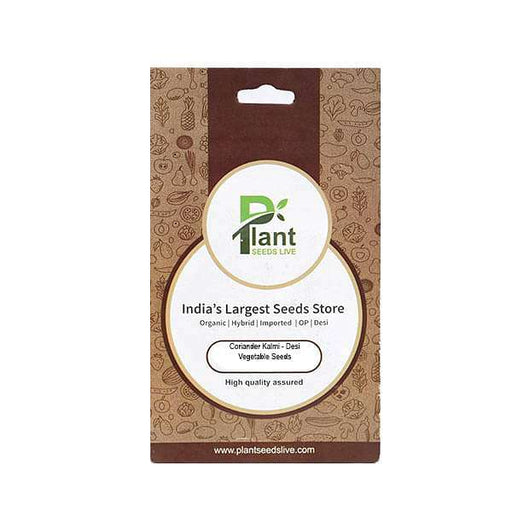
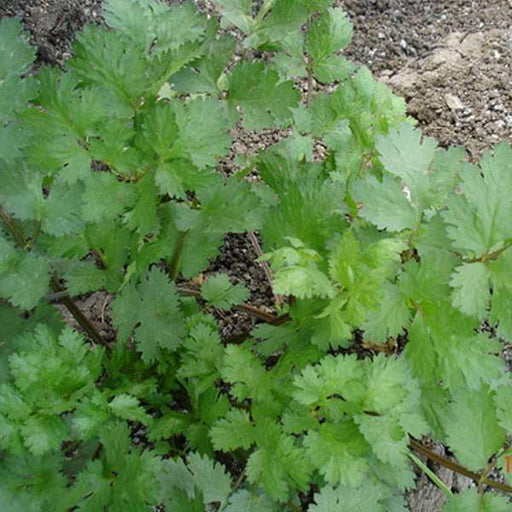 Sold out
Sold out
DescriptionAll parts of the Coriander is used in cooking. 1 packet contains 35 seeds.Coriander is a fast-growing, aromatic herb that grows in the c...
View full detailsThe monsoon season makes our surroundings, even more serene and we crave nature even more.
Every old school's goal is to have the smell of moist soil, breezy evenings, and nights ornamented with mist, and monsoon provides exactly that. But did you know that now is the best time to start gardening with vegetables and herbs?
In India, the monsoon season usually lasts for four months starting from June to September and makes for an excellent time to grow any plant.
As there is a drop in temperature, the environment and moisture aids to the growth of plants and many vegetables are suitable to grow in this weather.
But which vegetables and herbs do you choose during rainy seasons?
Well, Nurserylive’s Rainy Sowing Vegetable and Herb Seeds collection will solve that problem in an instant.
Here you will find high-quality seeds of vegetables and herbs that are perfect to be sown in a rainy season. To name a few veggies we have seeds of Tomatoes, Raddish, Capsicum, Broccoli, Bottle Guard, Chillies, Cucumber, Beetroot, Cabbage, Carrots, Beans and many more.
If you want to start an herb garden in the monsoon then here, you can find seeds of Methi, Coriander, Mustard and more.
Now is the time to start your monsoon veggie and herb garden with these specially curated Rainy Sowing Vegetable and Herb Seeds. Get your favorites in your cart now !!
Planting vegetables and herbs during the rainy season requires a different approach than planting during other seasons. The article will discuss the best practices for planting during the rainy season.
This article will highlight the vegetable seeds that can be sown during the rainy season. The article will also discuss the right time to sow these seeds and the precautions that need to be taken.
Some herbs thrive during the rainy season, and this article will focus on those herbs. It will also discuss the ideal conditions required to grow these herbs.
Proper drainage is crucial during the rainy season. This article will discuss the significance of good drainage and the measures that can be taken to ensure proper drainage.
Choosing the right seeds is essential for successful rainy season planting. This article will provide tips on selecting the appropriate seeds for rainy season planting.
Even during the rainy season, plants require sunlight. This article will discuss the importance of sunlight for plant growth and ways to ensure that plants get enough sunlight during the rainy season.
Preparing the soil for planting during the rainy season is critical. This article will provide tips on preparing the soil for rainy season planting.
Companion planting is a technique where plants are grown together to enhance growth. This article will discuss the benefits of companion planting during the rainy season.
The rainy season brings with it an increased risk of pests. This article will provide tips on how to control pests during the rainy season.
Watering plants during the rainy season requires a different approach than watering during other seasons. This article will discuss the best practices for watering plants during the rainy season.
Plants require proper fertilization during the rainy season. This article will discuss the ideal fertilization techniques for plants during the rainy season.
Organic gardening is becoming increasingly popular, and this article will focus on organic gardening techniques that can be used during the rainy season.
Container gardening is a great way to grow vegetables and herbs during the rainy season. This article will provide tips on container gardening during the rainy season.
There are common mistakes that people make when planting during the rainy season. This article will provide tips on avoiding these mistakes.
Harvesting during the rainy season requires care and attention. This article will provide tips on how to harvest vegetables and herbs during the rainy season.
Mulching is an important technique for retaining moisture during the rainy season. This article will discuss the benefits of mulching and the ideal mulching techniques for the rainy season.
Soil erosion is a significant problem during the rainy season. This article will discuss measures that can be taken to control soil erosion during the rainy season.
Crop rotation is a technique where different crops are grown in the same area over multiple seasons. This article will discuss the benefits of crop rotation during the rainy season.
Water conservation is important during the rainy season. This article will provide tips on conserving water during the rainy season.
The ideal planting schedules for the rainy season depend on several factors. This article will discussing the different planting schedules for various vegetables and herbs during the rainy season and the ideal time to sow them.
Answer: Vegetables like tomato, brinjal, okra, and herbs like coriander, mint, and basil can be grown during the rainy season.
Answer: Yes, seeds can be sown directly in the ground during the rainy season, but it is important to ensure proper drainage to avoid waterlogging.
Answer: Yes, plants require proper fertilization during the rainy season to ensure healthy growth.
Answer: Pests are more prevalent during the rainy season. Use organic pest control methods like neem oil, garlic spray, and yellow sticky traps to control pests.
Answer: Yes, mulching is an essential technique for retaining moisture during the rainy season and preventing soil erosion.
Answer: It is important to water plants only when necessary during the rainy season. Ensure that the soil is not waterlogged and water plants when the top layer of soil is dry.
Answer: It is not recommended to use chemical fertilizers during the rainy season as they can wash away and pollute water bodies.
Answer: Ensure that the soil is well-drained and the planting area has proper slopes for water to flow away. Avoid planting in low-lying areas.
Answer: Use techniques like mulching, planting cover crops, and constructing terraces to prevent soil erosion during the rainy season.
Answer: Yes, companion planting can enhance growth and productivity during the rainy season.
Answer: Use stakes, trellises, and cages to support plants, and cover them with plastic or cloth during heavy rains and strong winds.
Answer: The ideal time to sow seeds during the rainy season is at the beginning of the season or after the first rains.
Answer: Harvest vegetables and herbs when they are fully mature, and avoid harvesting during heavy rains and wet conditions.
Answer: Yes, container gardening is a great option for growing vegetables and herbs during the rainy season.
Answer: Collect rainwater in barrels and use it to water plants during dry spells. Use drip irrigation to reduce water wastage.
Answer: Trim overhanging branches and prune trees to ensure that plants get enough sunlight during the rainy season.
Answer: Avoid overwatering plants, ensure proper drainage, and remove diseased plant material to prevent diseases during the rainy season.
Answer: Yes, crop rotation is beneficial during the rainy season to prevent soil depletion and maintain soil health.
Answer: Yes, you can grow vegetables and herbs indoors during the rainy season using grow lights and appropriate soil mixes.
Answer: Some common mistakes to avoid include overwatering, planting in waterlogged areas, neglecting proper drainage, and failing to fertilize regularly.
